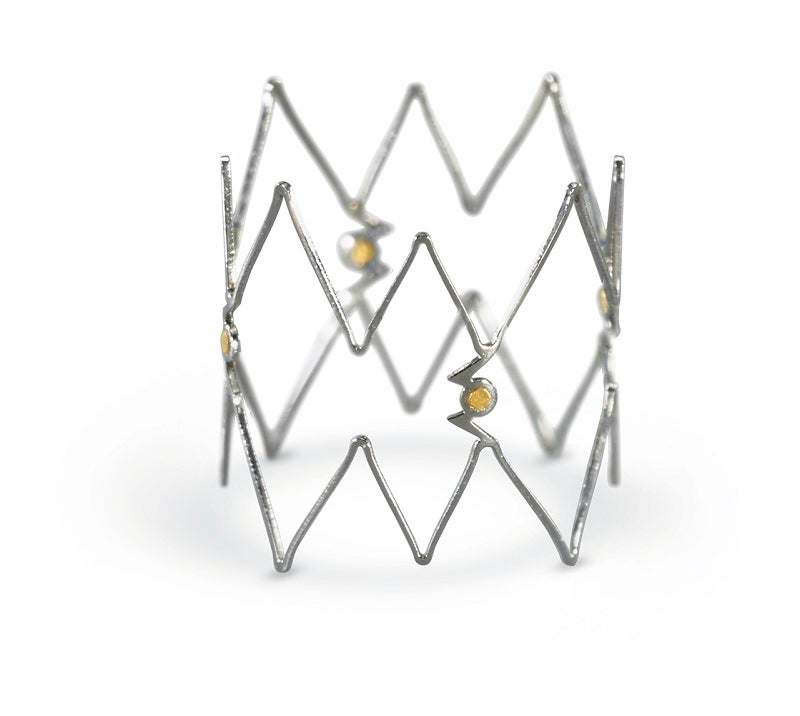
Royal Philips has reported positive data from the Tack Optimized Balloon Angioplasty (TOBA) II below-the-knee (BTK) clinical trial of its Tack endovascular system (4F).
The purpose-built, minimal metal, implantable device has been designed for the precision repair of post-percutaneous transluminal angioplasty (PTA) dissections.

Discover B2B Marketing That Performs
Combine business intelligence and editorial excellence to reach engaged professionals across 36 leading media platforms.
It can optimise the treatment of dissections in patients with critical limb ischemia (CLI), which is the most serious stage of peripheral arterial disease (PAD).
Part of Philips’ peripheral vascular portfolio, the new dissection repair device is said to be the first and only vascular implant that has received FDA approval for BTK therapeutic interventions.
The TOBA II BTK trial has been designed to evaluate the efficacy and safety of post-PTA dissection repair using the Tack endovascular system in CLI and infrapopliteal disease patients.
Based on the data, it was found that the device provided sustained treatment effect as well as a positive impact on CLI patients’ quality of life (QoL).

US Tariffs are shifting - will you react or anticipate?
Don’t let policy changes catch you off guard. Stay proactive with real-time data and expert analysis.
By GlobalDataThe results of the three-year analysis of TOBA II BTK showed 93.9% target limb salvage (TLS) in CLI patients and 69.6% freedom from clinically-driven target lesion revascularisation (TLR) across all patients at three years.
Philips Image Guided Therapy Devices business leader Chris Landon said: “In treating peripheral arterial disease below the knee with balloon angioplasty, dissections of the popliteal, tibial and peroneal arteries occur with considerable frequency.
“With the Tack endovascular system from Philips, interventionists can reliably repair below-the-knee arterial dissections – and in doing so, improve major amputation rates and quality of life.”
At present, the Tack endovascular system is available for sale in some EU countries as well as the US.
In April, Philips’ subsidiary Philips Respironics issued a voluntary recall notification/field safety notice to customers of its V60/V60 Plus and V680 ventilators.





